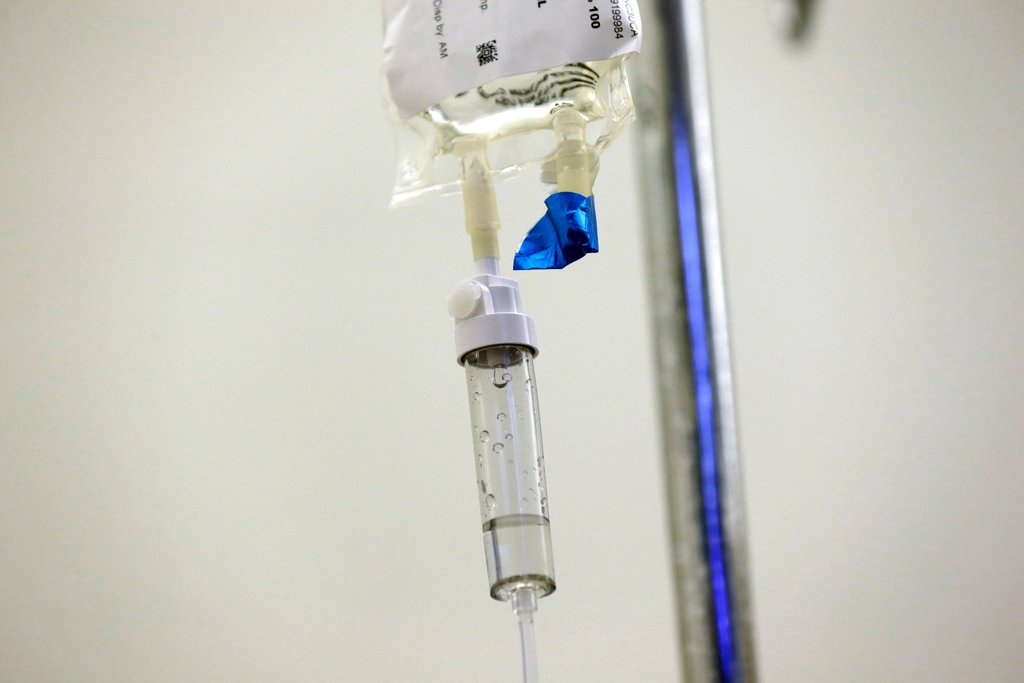STUDY: Worse cancer survival rates, outcomes for patients in states with limited Medicaid access
A new study conducted by the American Cancer Society (ACS) shows worse cancer survival rates across all stages and types in states that have limited Medicaid access, including Alabama.
The study, headed by ACS’s Cancer Action Network (ACSCAN), analyzed the outcomes of more than one million cancer patients across the country with the 17 most common cancers to understand how access to or eligibility for Medicaid affects results.
The study found these results:
- Cancer patients, regardless of type or stage, have worse long-term survival rates in states with the lowest Medicaid eligibility limits
- Breast cancer patients in states with the lowest income eligibility (greater than 50% FPL), the mortality risk was 31% higher
- Increasing eligibility for Medicaid health insurance could improve cancer diagnosis and survival
“These findings are just another example of how crucial of a role simply having healthcare plays in survivorship, and the higher cancer mortality rates we see in rural communities across our state because of our resistance to make care more accessible for families,” said Emily Ogden, Alabama Regional Government Relations Director for ACSCAN. More families across Alabama may be eligible for WIC assistance, ADPH says
Cancer is the second-leading cause of death in Alabama, according to a news release from ACS. The organization estimates 31,000 Alabamians will be diagnosed with cancer this year, a figure that does not factor in the COVID-19 pandemic’s impact on life-saving screenings.
“Countless Alabamians, including cancer patients, survivors and those currently in the dark on their diagnosis have lost their jobs, have faced serious economic hardship due to the coronavirus including many now finding themselves uninsured,” Ogden continued. “Closing the gap would give Alabamians – many of whom have worked on the frontlines of the pandemic – a fighting chance against our state’s second leading cause of death and protect them when they need it most.”
Source: News 19
